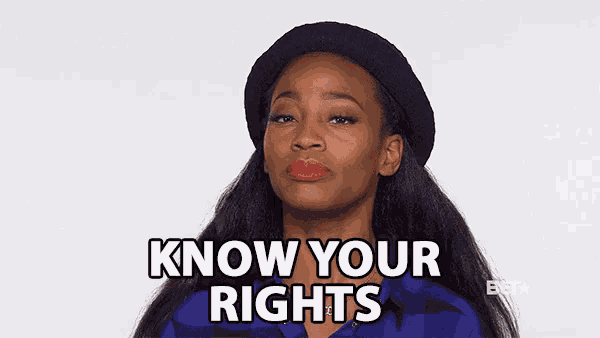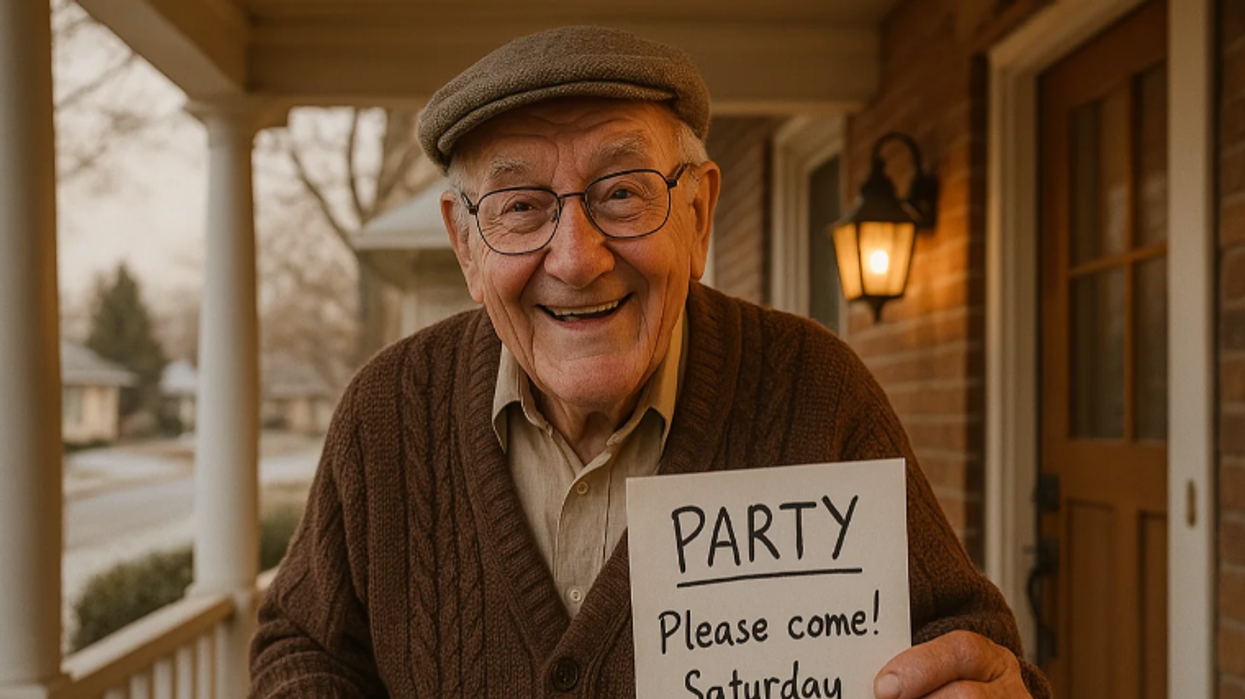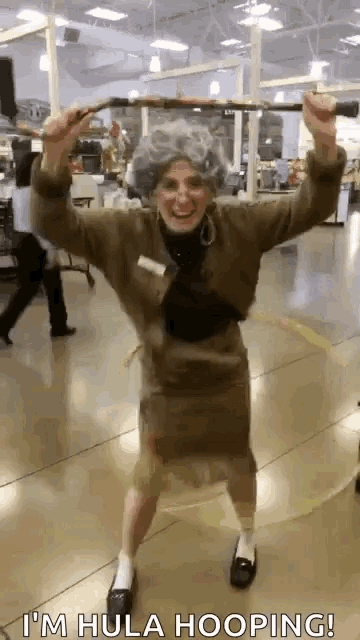Every generation has different parenting styles that have impacted their children's mental health and emotional intelligence. And when Reddit user u/Soup_stew_supremacy posed the question to r/Millennials: "Do any of you struggle to get emotional support from your parents?"–the response was robust.
"I'm not sure if it's because they weren't supported in some way, or just a generational thing, but myself, my husband and some of our friends and family members often lack emotional support from their parents," she shared. "My parents are in no way bad people, but they get really uncomfortable with feelings of any kind, and they pretty much just want to talk with you about surface-level stuff. If you tell them something that's been hard for you, they will say 'Oh, that sucks. So anyway...' I couldn't imagine trying to look to them for emotional or mental support, it would just be embarrassing and uncomfortable for us both."
After explaining a particular situation that left her and her husband feeling very alone, she added, "I also have friends whose parents will help them financially or with tasks (like babysitting or home improvement), but don't want to talk about anything regarding feelings or mental health. Is this just us, or do any of you struggle to emotionally connect and be vulnerable with your older-gen parents?"
Her vulnerable share struck a chord with many fellow Millennials, who offered up their experiences with emotionally unavailable parents–and how they have processed (and healed). These are 22 of the best responses to the question: "Do any of you struggle to get emotional support from your parents?"
1. "Yes. There is a fantastic book that you might like: Adult Children of Emotionally Immature Parents by Lindsay C. Gibson. Signs of EIPs from https://www.attachmentproject.com/psychology/emotionally-immature-parents/:
1. They lack empathy or vulnerability around you
2. Your parent or parents showed extremes of emotion
3. You always came second to their needs
4. You were or are emotionally lonely
5. You feel or felt manipulated or trapped
6. Conversations are one-sided
7. You’re more aware of their issues than they are
8. They’re 'emotionally contagious'
9. You lack emotional autonomy" – veronicagh
2. "You mean people can get emotional support from their parents?!?! I never talked to my parents about anything important or that I needed emotional support with. They just never set themselves up as trustworthy or helpful in that way." – lifeuncommon
3. "I feel like I'm their parent most of the time." – foamy_da_skwirrel
4. "This just hits home in all the wrong ways. I either have a strong case of Deja Vu or read another post pretty identical to this one a few months ago. I genuinely feel this is the norm for our generation and it saddens me." – AlarmedBear400
5. "Our parents weren't 'coddled' as my mother likes to put it. My mom is self centered and only likes to whine about what she's going through - most of which is self inflicted. My father is in prison. Mom has watched me sit and cry without offering a shred of comfort. It just.... Isn't there. I rely on my husband for emotional support, and he relies on me because his parents are just as detached. What's weird as hell is my FIL loves me, and will discuss all kinds of things with me like we're blood but he's icy to my husband, and vice versa my mom is good at supporting my husband but not me." – PearlescentGem
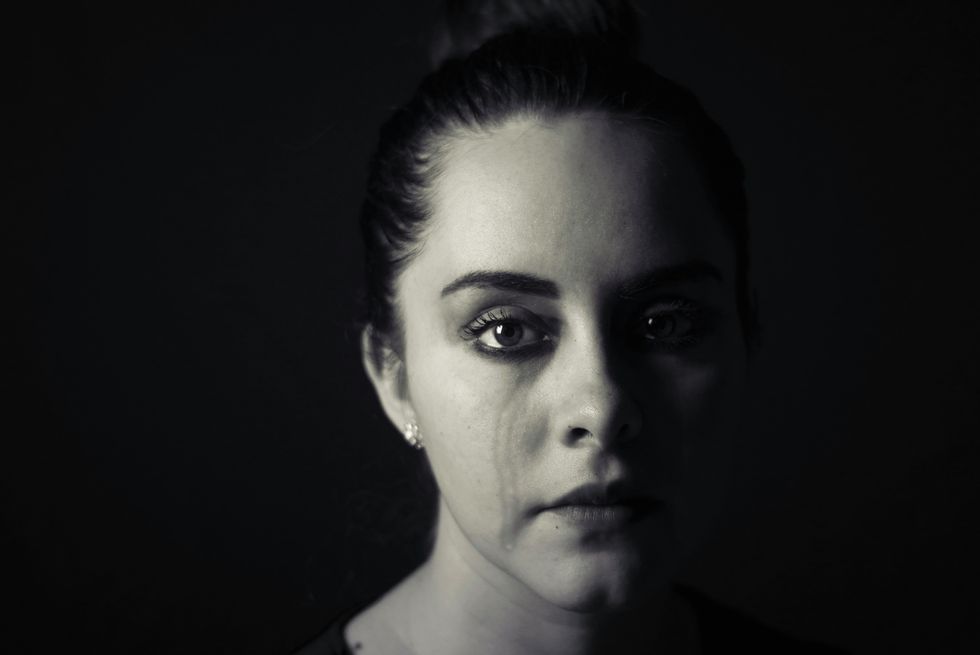
6. "My parents 'trained' me not to cry by punishing me for crying. If I started crying, they wouldn't let me go to my room, but instead forced me to sit at the table or in the family room while they made fun of me for crying and carried on like I wasn't crying. To this day, I struggle to cry at all and I cannot cry in the company of other people at all." – Soup_stew_supremacy
7. "They expect me to support their emotions." – Mehgan-Faux
8. "My therapist explained it to me this way: Boomers are the last generation raised by parents who experienced the Great Depression and world wars (Middle East/War on Terror not included). They were raised by a generation where it was the rule and not an exception to do some kind of military service, may have been drafted, etc. They were taught to just survive. Then throw in the '60s, with two adults working outside the home becoming the norm.
Now think about that generation raising millennials while still trying to parent themselves. My mom and dad have told me so many stories about their childhoods. The abuse, the neglect, the emotional unavailability of their parents, and certainly no therapy. And God forbid you talk about your feelings.
So now here we are, breaking generational stigmas, curses, and habits with our kids. It doesn't excuse it, but it does help me understand why my parents are the way they are. I truly believe they did/are doing the best they can.
I love my parents and through lots of therapy, I have released them of every expectation and do my best to love them how they are and how they're capable of loving me back. I know they love me. I have just surpassed them in emotional maturity and self-awareness. I pray they will recognize it and work on themselves, but that's really up to them. Someone mentioned 'Adult Children of Emotionally Immature Parents.' It's a fantastic read and one my therapist recommended." – Available-Fig8741
9. "I don't struggle in that I just don't expect it. It's frankly easier for me to seek it elsewhere than think about trying to 'manage' my dad's reaction to me being a human being with emotions." – cidvard
10. "It’s more of an issue with getting them not to dismiss my pain and problems. My mother doesn’t understand why I don’t tell her things like having to get an MRI on my back or having sinus surgery done but when I do all I hear is 'you’re too young for that'…I turn 40 in a matter of months and she’s dealt with chronic pain and illness since her 20’s, but she gets defensive like I’m attacking her when I remind her of that. So now I just don’t share my issues with her." – stormydaze5503
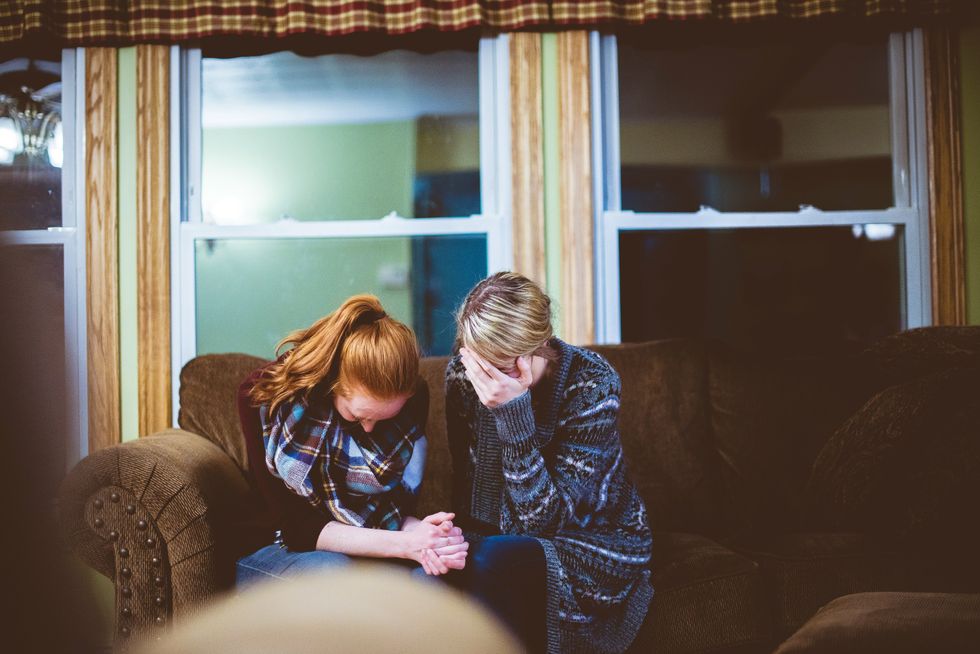
11. "I like my parents, but I don't talk to them often. I don't use them as a support system in any way. Same with the in-laws. My wife and I support each other. We were raised to be independent, and it feels weird to ask our parents for anything at this age. However, I will say my sister is incredibly dependent on my parents' support. She calls every day and talks about work and what she is eating. IDK it is cringey to me, but whatever works." – Ok-Abbreviations9936
12. "You can’t squeeze blood from a turnip." – SnoopDoggyDoggsCat
13. "My parents are Super Christians so everything turns back to a) Pray about it; b) Your reward is in heaven/nothing here really matters anyway; and/or c) Jesus can fill all your holes (and yes, I wish I was exaggerating/misquoting)." – Consolatio
14. "I haven’t talked to or had anything to do with my parents in 8 years, they didn’t do anything for me as a kid so I have nothing to do with them now." – _PercCobain_
15. "Yes, I actively avoid being emotionally vulnerable with my parents. I’ve gotten (figuratively) burned by them too many times. My mom is only concerned with how my feelings affect her, even if the situation has absolutely nothing to do with her. My dad has very low emotional intelligence. He’s the stereotypical anger-is-the-only-acceptable-emotion-a-man-can-display type of guy. There was one time that I was tapering off an antidepressant around Thanksgiving, and admittedly I was being kind of bitchy to my mom because I felt like crap weaning off the antidepressant and it made me emotionally unstable. My husband asked me why I don’t just let my parents know what’s going on and I literally told him that I’d rather they think I’m a bitch than to let them know I was tapering off an antidepressant, because I didn’t want to deal with their judgment (again)." – Bupperoni
16. "I think, for me, the main issue is really that they don't see the clear differences in who I am vs. who they think I am. It's like the 'but you hate vegetables!' type shit." – mnjvon
17. "I'm 37 and my mother is only just being able to speak on mental health in the last 3 years or so. Like OP says, my parents are good parents, but those topics were not discussed. My father is somewhat better at it, however I just don't go to them with my emotional needs because they have never provided that support." – Caiti42
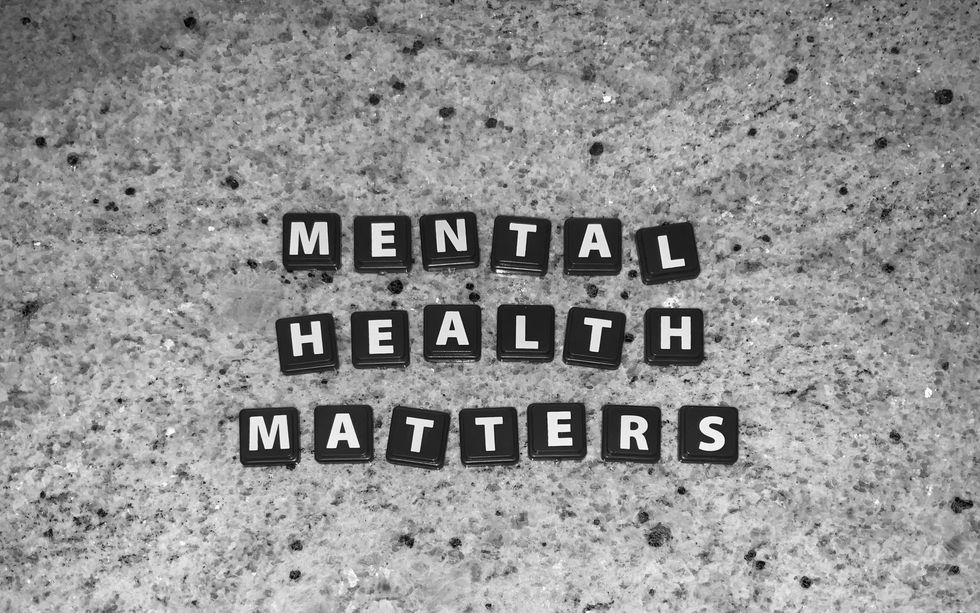
18. "I’ve never had that warm fuzzy feeling or happy feeling with my parents. They’re not the kind of people where you feel like your life is going to be better because they gave you advice. Or the kind of people that make you feel better after hanging out with them. Or those truly remarkable people that some kids grow up and look at them in awe. My parents are simply that - my parents. I respect them and they’ve always helped me financially. But I learned certain things at a very young age and adjusted my expectations accordingly." – Parking_Buy_1525
19. "lol. Nope. My parents dealt with emotions by sulking or using toxic positivity. My parents clearly had kids coz society expected them to. I’m light years ahead of my parents in regards to EI." – NorthsideHippy
20. "Yes I often have this with my parents. My father especially has this because he tries the whole alpha male role often. Emotions are ignored because supposedly they don't know how to help, and just say the same too. God forbid you cry because you'll 'look like a bitch'. My mother on the surface asks how I am but doesn't want to hear about deeper things. 'I have to do so and so right now' is the typical response when it comes down to it." – AmorphousToad
21. "Sometimes all I wanted from my parents was a hug and to be told that things would ultimately be okay. They spent so much time basically telling me I'm lazy and incapable whenever I had an issue or was having genuine emotional problems. They refused to get me any help or therapy in my teen years despite the fact I had horrible mental health issues because mental health was heavily stigmatized back then and even moreso when you're a minority. I had to wait until late adulthood to finally be able to tackle my mental health issues and have been doing well since starting medication. My parents were alarmed when I revealed to them that I started medication and had the nerve to say they had no idea my issues were 'that bad'. I hold some resentment towards them over this and I'm not sure I can let it go." – thedr00mz
22. "Most of our parents cannot emotionally support themselves." – MrsClaireUnderwood





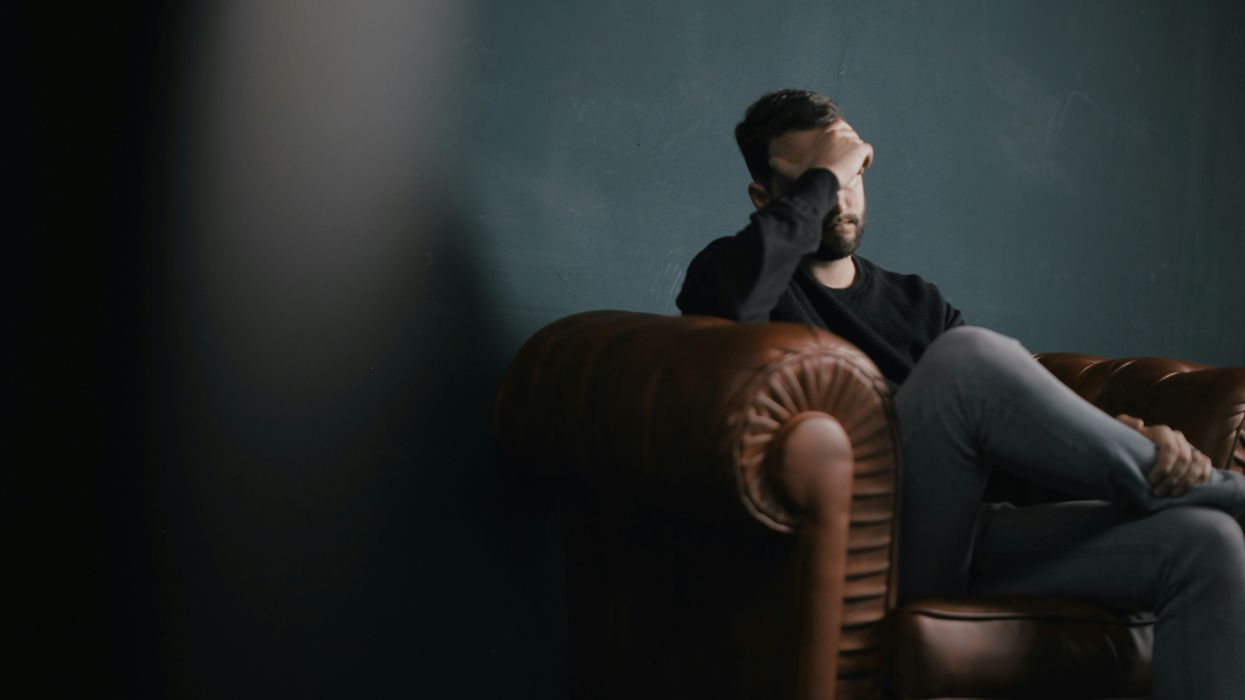





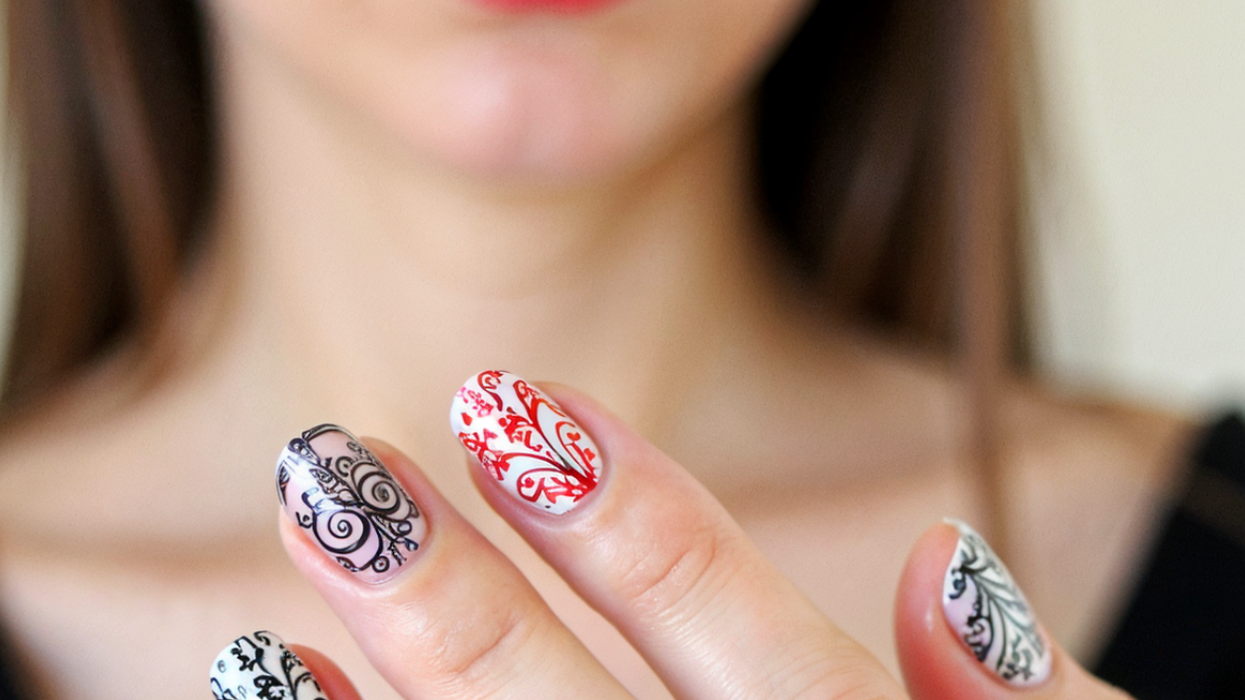

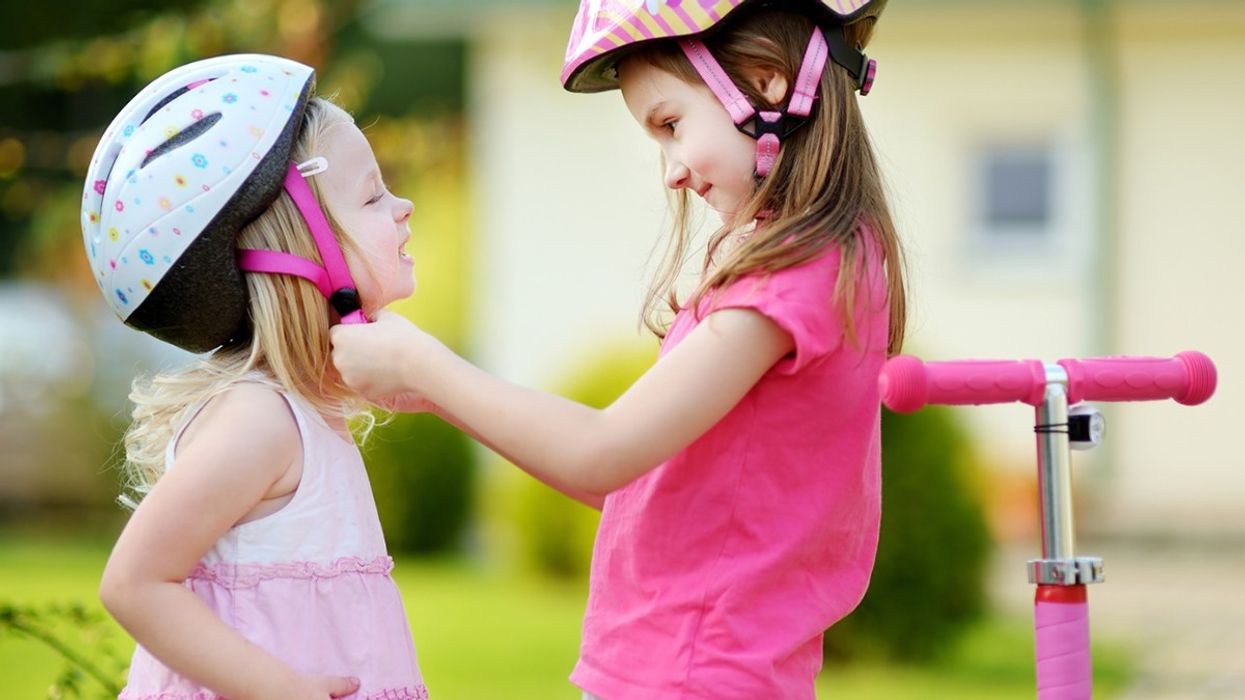



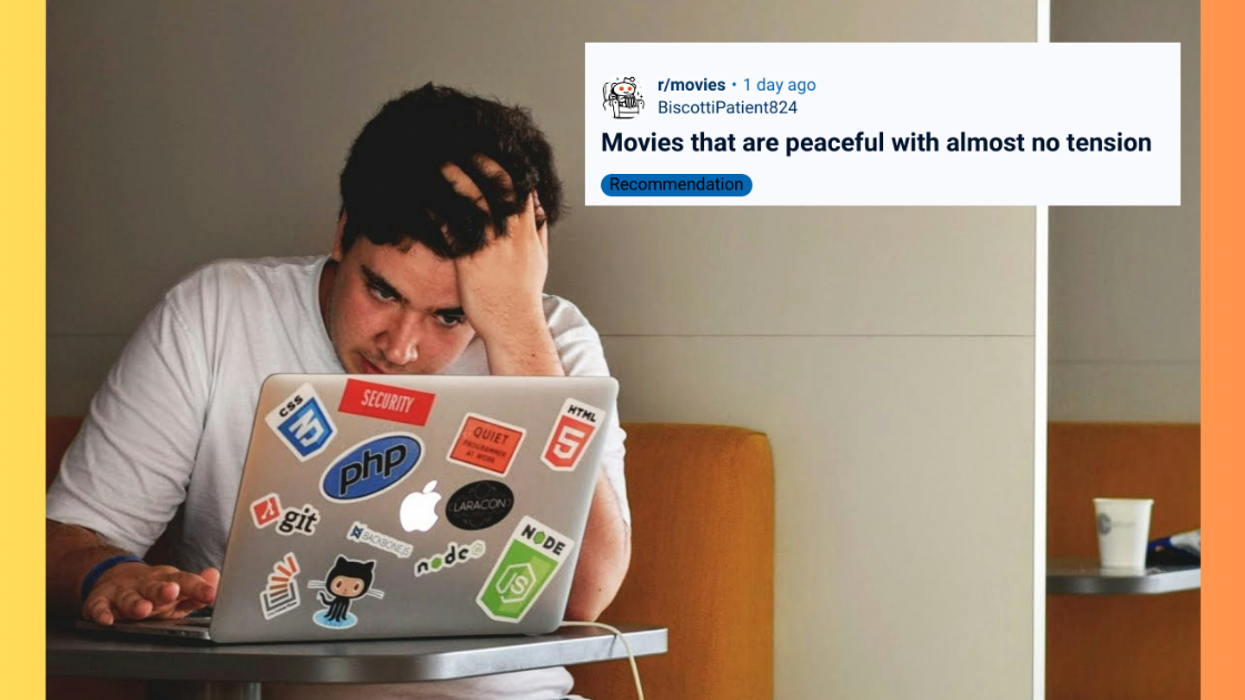
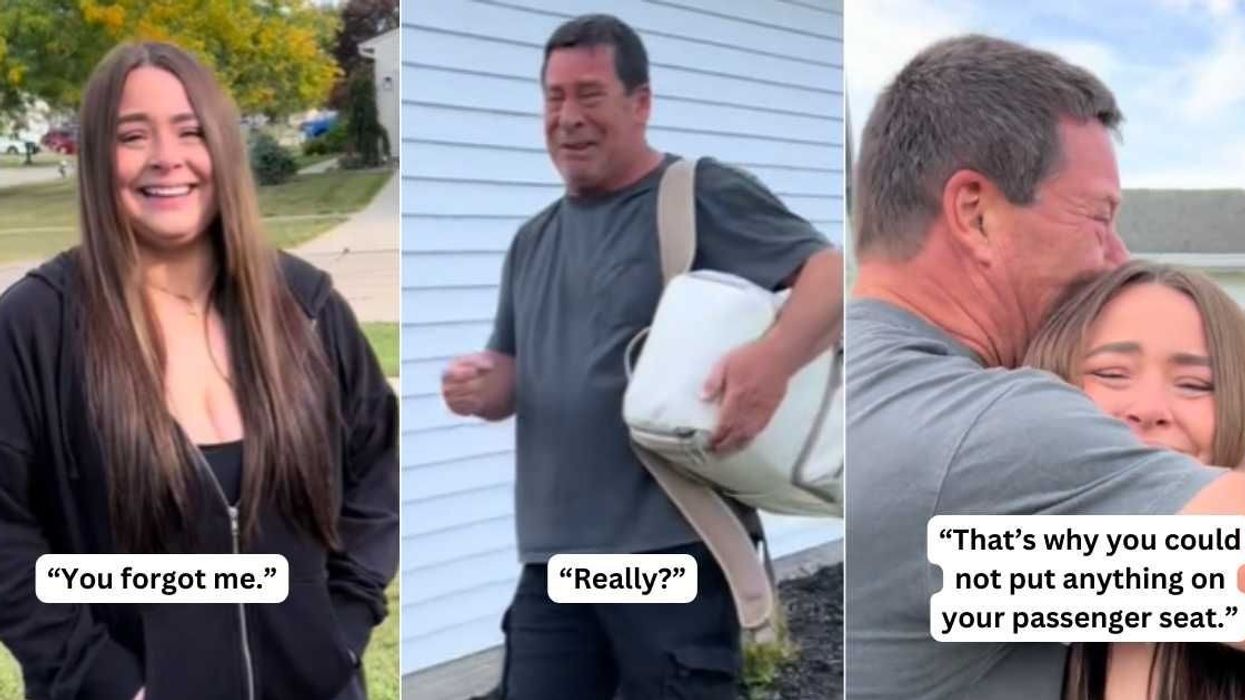
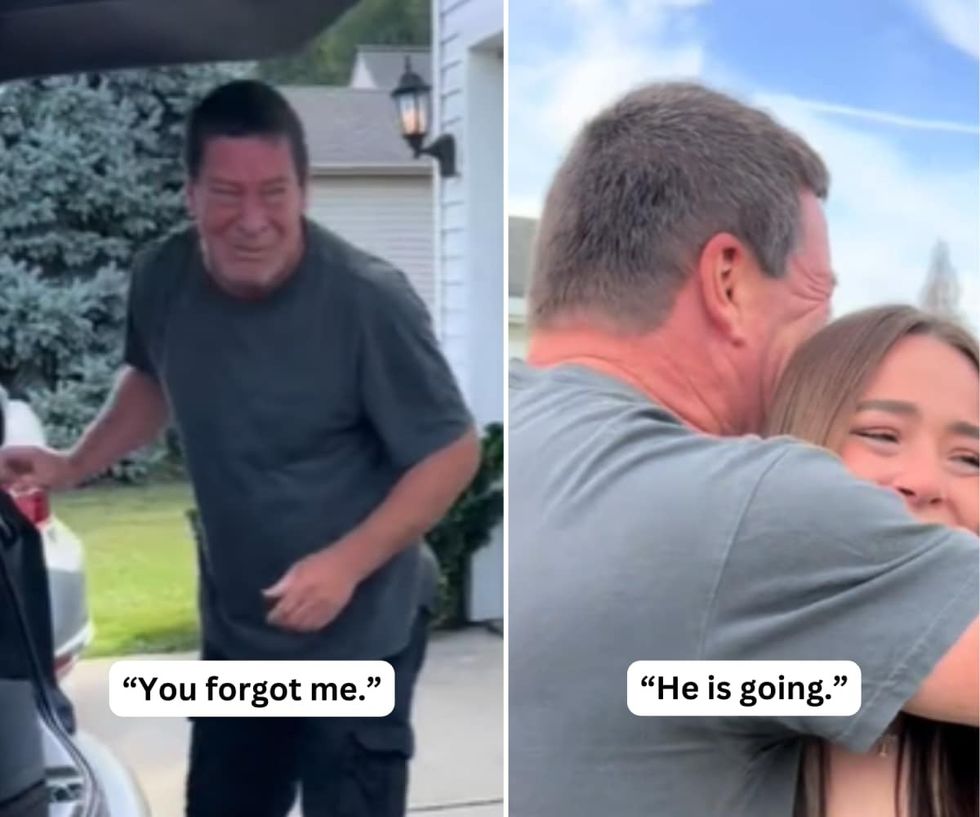

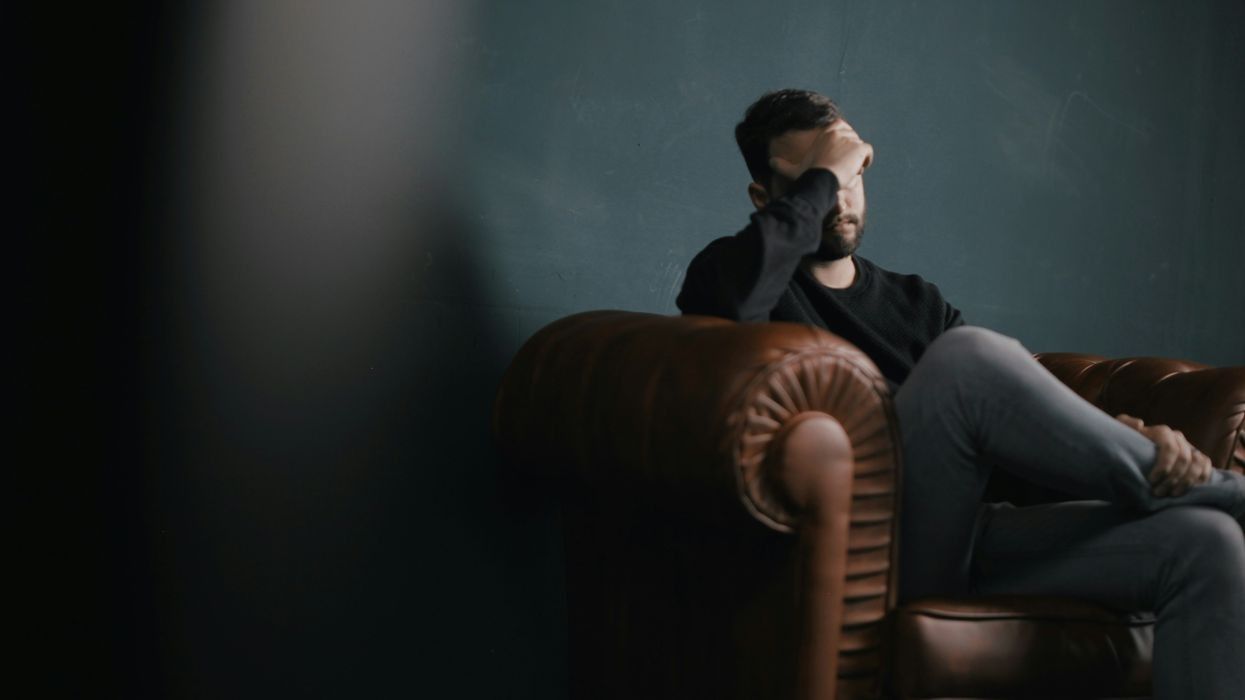



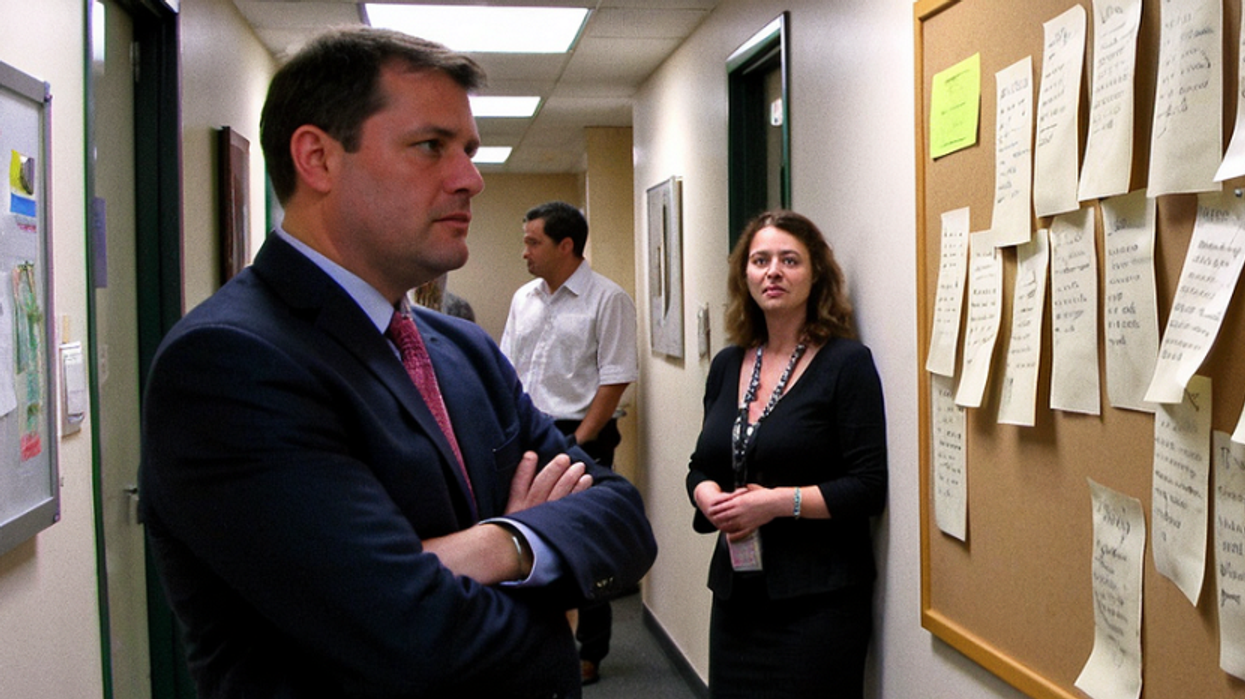
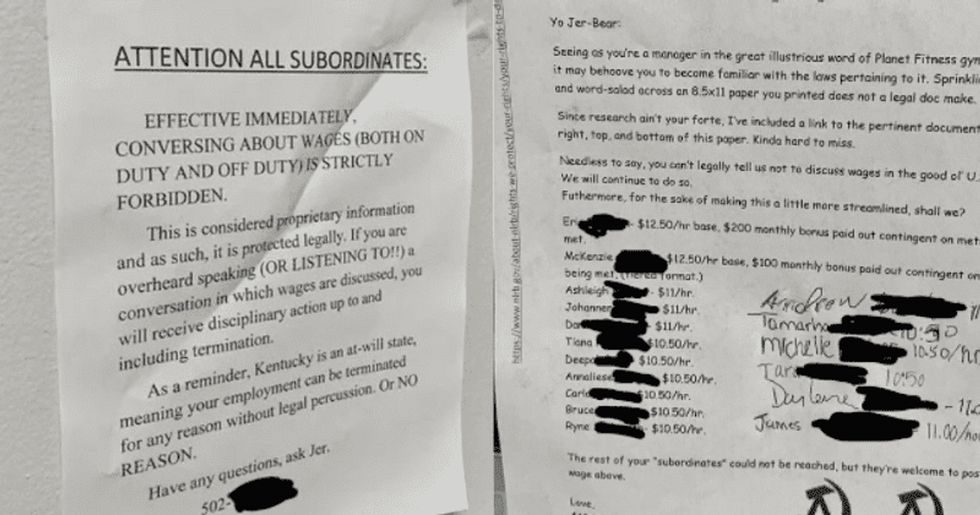 Image Source: Joshua Potash | Reddit
Image Source: Joshua Potash | Reddit 
